UN-led negotiations for a global treaty to tackle plastic pollution have again failed to reach an agreement. The latest meeting, held over the last 10 days in Geneva, was itself an extension of talks that have been going on for three years, and which had previously failed to agree the treaty text when the original deadline passed last December.
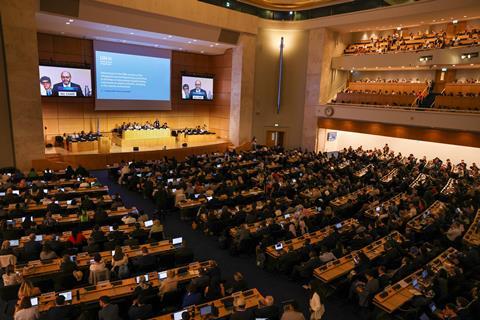
According to the Organisation for Economic Co-operation and Development, more than six million tonnes of plastic entered rivers, lakes and the ocean in 2019 alone. And with plastic production set to triple by 2060, the amount of plastic finding its way into the environment is expected to rise dramatically.
To try and wrest control of this pollution crisis, UN member states committed to negotiating a global plastics treaty back in 2022. However, discussions have been hamstrung by a number of issues: chief among them is the fact that no decisions were taken on how to resolve disputes between negotiating parties.
As a result there is no formally agreed process to allow countries to vote on the most contentious parts of the treaty text. Instead, the negotiating committee chair Luis Vayas Valdivieso has had to try to find a middle ground that all countries will agree to. That has proven very difficult, with countries broadly split into two camps. A majority of UN member states are part of a high-ambition coalition that wants a strong treaty that deals with all stages of the plastic lifecycle, including curbs on production levels, phasing out harmful additives and mandatory reporting.
However, a smaller set of countries with large petrochemical industries have opposed these measures and instead insist that the treaty should focus predominantly on recycling and waste management. Many observers point out that with recycling rates below 10%, even the most ambitious waste-management policies will fail to prevent huge quantities of plastic leaking into the environment.
On Wednesday, one day before the Geneva meeting was due to conclude, Vayas Valdivieso presented a draft of the treaty text that was stripped of provisions limiting plastic production or the use of chemicals of concern. The head of the UK delegation, environment minister Emma Hardy, described the draft as ‘a text that takes us towards the lowest common denominator across all elements of the treaty’.
Juan Carlos Monterrey Gomez, head of Panama’s delegation, said that the draft was ‘repulsive’, stating that the majority of countries’ red lines ‘were not only stomped, they were spat on and they were burned’. ‘Our goal here is to end plastic pollution, not simply get to a political arrangement,’ he added. ‘We need to bring production back. We need to bring mandatory reporting back. We need to bring science and justice back to this text. This is not about closing a treaty at any cost.’
On Thursday – the final scheduled day of the meeting – Vayas Valdivieso closed the main negotiating session one minute after opening it, noting that he was still working on a new draft. The meeting was extended for an extra day, with a new text unveiled in the early hours of Friday morning. This new text included language recognising current ‘unsustainable’ levels of production and reducing ‘chemicals of concern to human health or the environment’. However, observers noted that the text was actually weaker than a version proposed last year, and relied predominantly on voluntary measures with little scope for strengthening the treaty over time. A hastily arranged final session that opened at 5.30am on Friday was adjourned without an agreement being reached.
David Azoulay, health programme director at the Center for International Environmental Law said that the meeting was ‘an abject failure’ and called for countries to demand a change to the current consensus rules. ‘While the negotiations will continue, they will fail if the process does not change,’ he said. ‘When a process is broken, as this one is, it is essential for countries to identify the necessary solutions to fix it and then do it. We need a restart, not a repeat performance.’
The negotiations will continue at a later meeting, with a date and location still to be set.





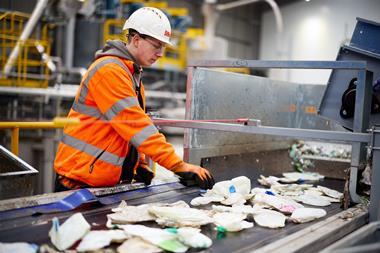

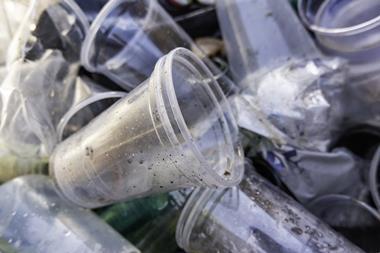

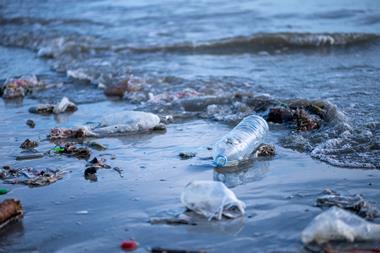
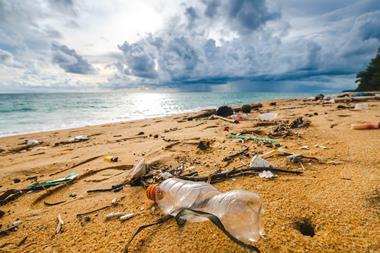






No comments yet